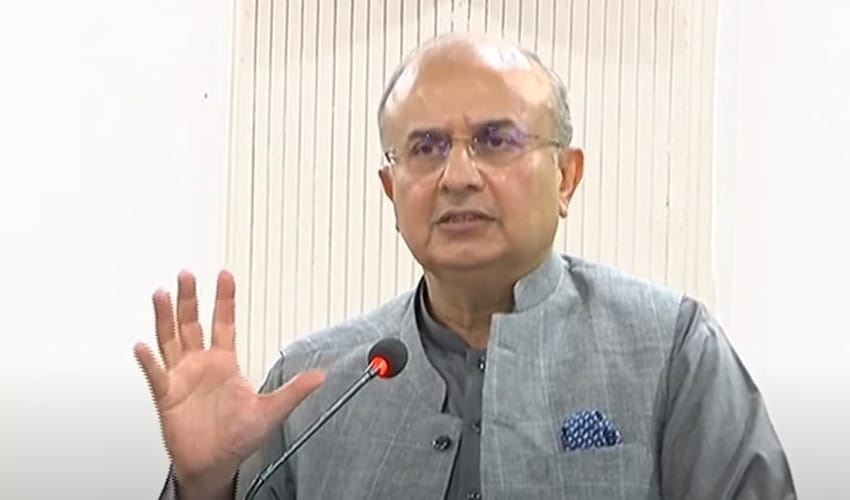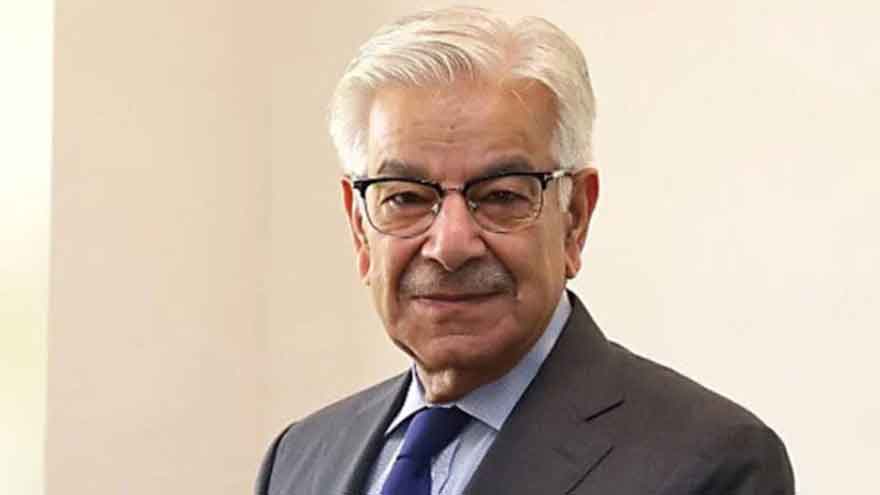Justice Mansoor opposes intelligence reports in judicial appointment process

Senior Supreme Court judge Justice Mansoor Ali Shah has expressed reservations over the involvement of intelligence agencies in the process of judicial appointments.
In a letter addressed to the Secretary of the Judicial Commission, ahead of the commission’s meeting, Justice Mansoor Ali Shah argued that a defined mechanism for appointing judges to constitutional benches must be established within the Judicial Commission’s rules.
Justice Shah highlighted that the formation of constitutional benches in the Supreme Court and the Sindh High Court lacked clearly defined criteria.
“The majority in the Judicial Commission already comprises members from the executive. Allowing intelligence agencies to influence judicial appointments could compromise the independence of the judiciary,” he emphasised in his letter.
The senior judge further proposed that criteria for selecting judges for constitutional benches should include their track record of authoring judgments involving constitutional interpretation.
“It is imperative to determine the competency of judges based on measurable standards,” he asserted.
Referring to the 26th Constitutional Amendment, Justice Shah reiterated his stance, calling for the amendment’s review by a full court. “A comprehensive review of the amendment is essential before making further decisions on judicial matters,” he stated.
The Judicial Commission, under the chairmanship of Chief Justice Yahya Afridi, is set to convene today. Among the agenda items is the potential extension of the Constitutional Bench’s term in the Supreme Court, which was initially constituted for two months and is due to expire on January 4, 2025.
‘All institutions after opponents, state busy manoeuvring govts’
Earlier, during the hearing of the pre-arrest bail application of a murder accused, the Supreme Court made some strong observations over the unresolved political murders of three former Pakistani prime ministers and the state of political accountability.
Justice Athar Minallah expressed frustration over the state’s role in political affairs, stating, “All institutions are after political opponents,” adding that the murder of an elected prime minister was acknowledged after over 40 years. “What can be a bigger crime than the assassination of the prime minister?”
Justice Jamal Khan Mandohkel questioned the lack of accountability, asking, “What happened to their cases? Someone should have been held responsible and punished.”
He remarked that even the most senior judge in Balochistan was killed, but nothing came of it. “The real thing is that there is no desire to do anything. Compared to the other two provinces, the investigation in Sindh and Punjab is very poor,” Justice Mandokhel added.
Justice Malik Shahzad also raised concerns about the unpredictability of the prime minister’s tenure, stating, “A prime minister is in the Prime Minister’s House one day and in jail the next. No one knows how long they will remain the PM.” He asked, “What will happen to the common man in a country where the prime minister is in this condition?”
Justice Mandokhel echoed similar concerns, noting the widespread public mistrust of state institutions. “People want the Supreme Court to do all the work,” he remarked.




